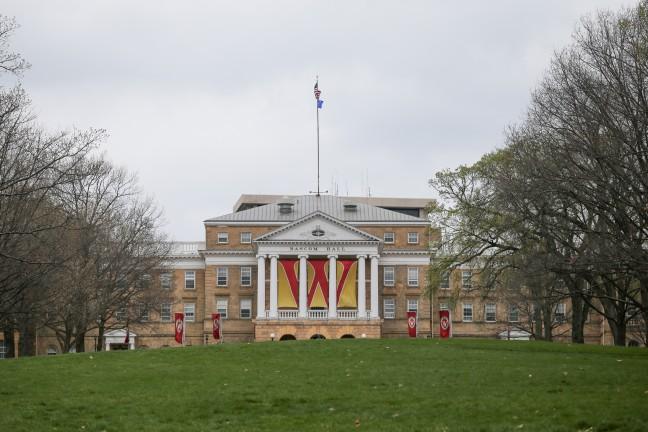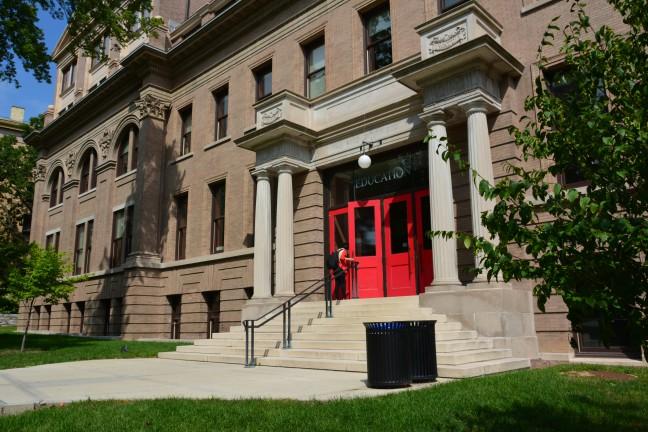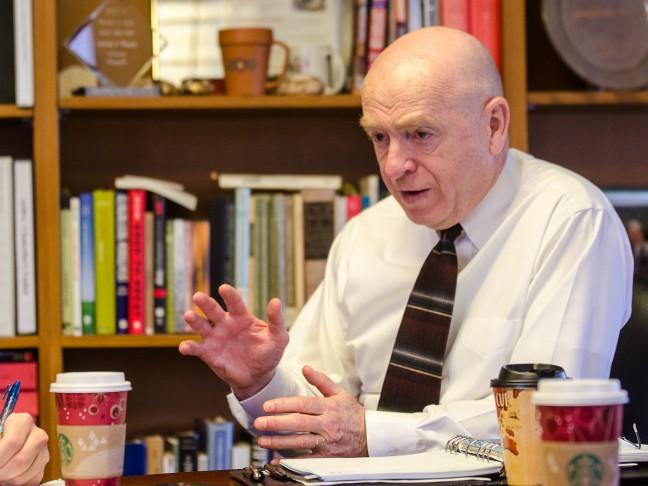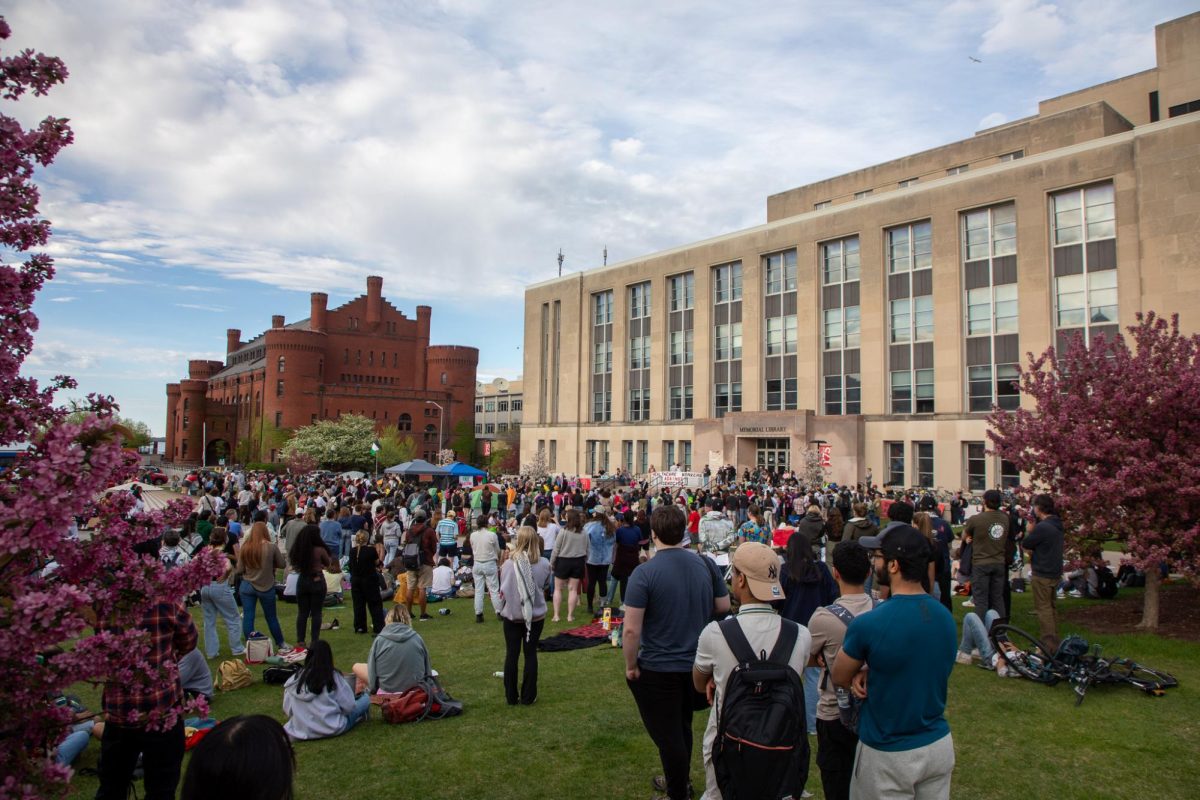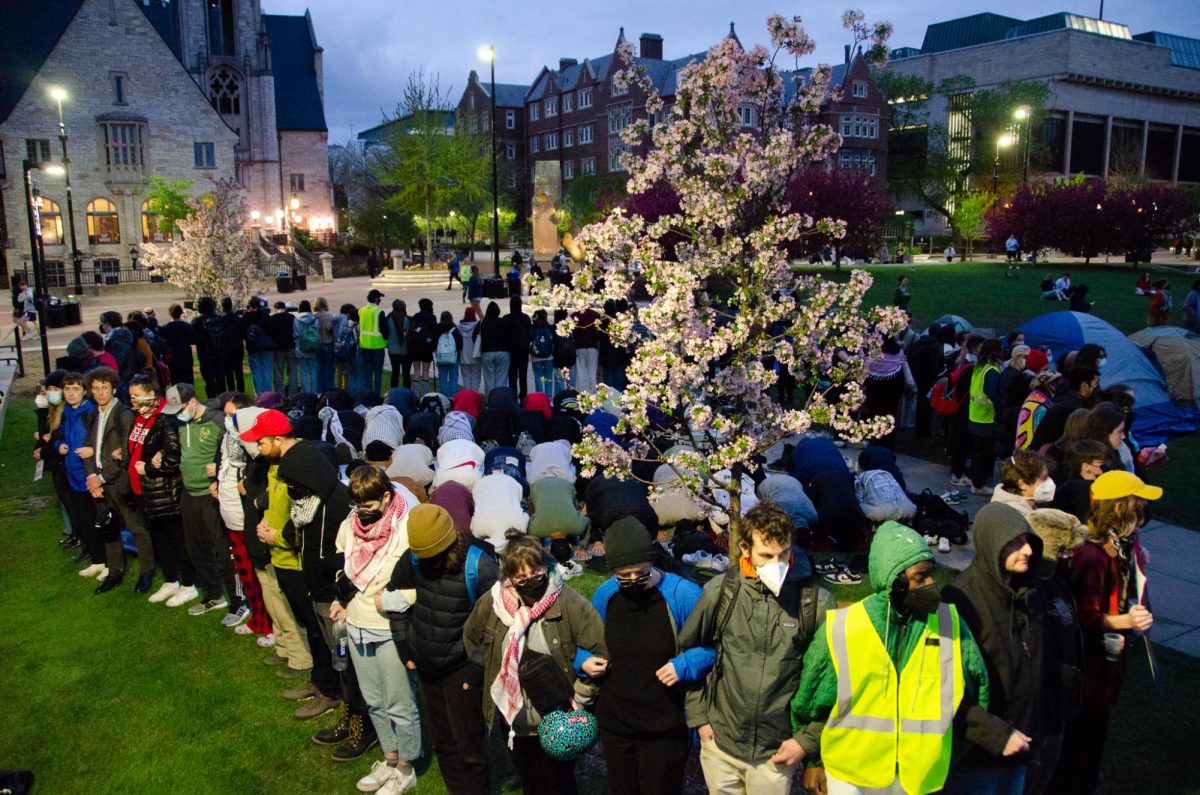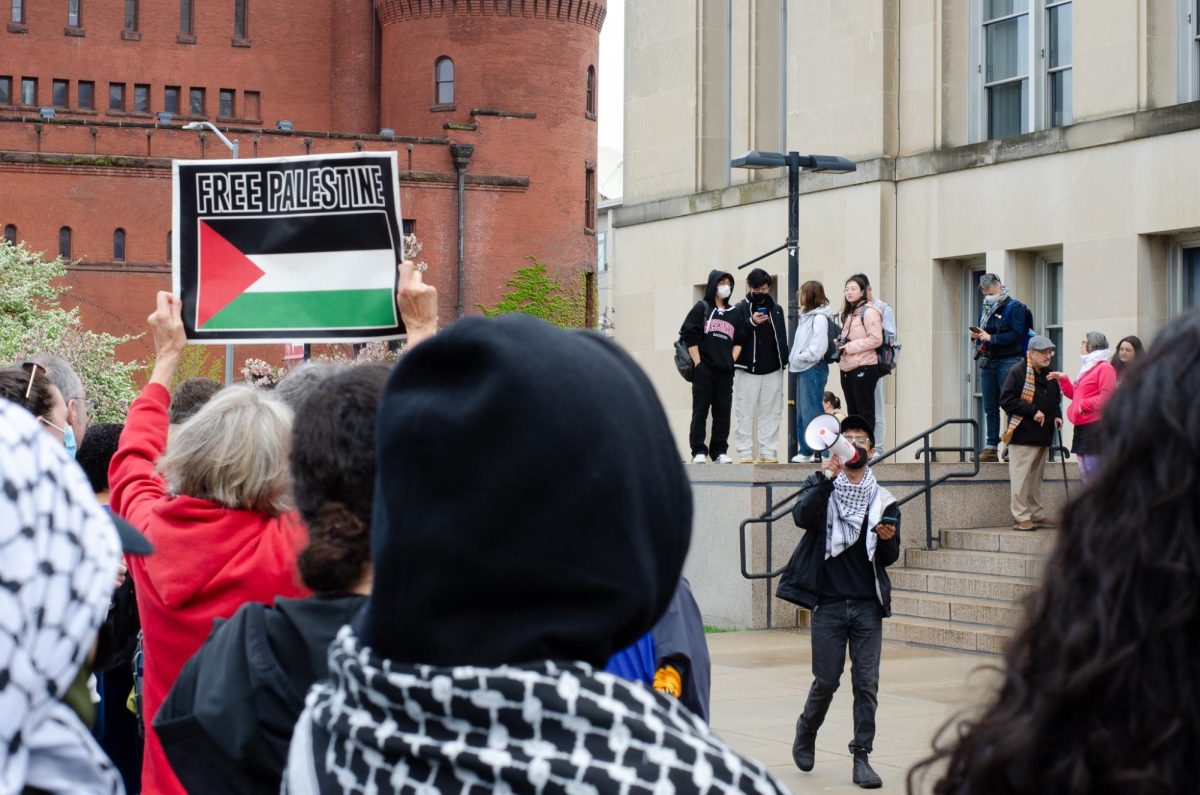Online security for students will be a top priority for the University of Wisconsin’s new chief information security officer, who was hired in early January after a national search.
Lori McElroy served a similar role at Texas State University for six-and-a-half years and will report to Chief Information Officer Bruce Maas, who is also the vice provost for IT. She officially begins the position on Feb. 1.
“Security is a critically important part of the services that we need to provide. We need to be able to deal with privacy issues, threats and access to information that is appropriate,” Maas said. “That is Lori’s role in the campus.”
Maas said McElroy will be responsible for “anything and everything” related to IT security and risks.
McElroy, an Illinois native, has worked in the IT industry for about 25 years. She said her last 12 years in the industry have focused on security.
“My background really runs the gamut,” McElroy said. “I’ve done everything from network administration to system security to actually establishing and reading an entire IT program.”
McElroy said she will be using a metrics-driven approach and is excited to build on the already well-established and strong security program at UW.
She added she is looking forward to making connections with UW students and staff in the position.
“I’ve had quite a bit of experience working with students,” McElroy said. “The way I see the relationship is that it’s our job to keep students informed, raise awareness, offer flexible security solutions and work together to find solutions that meet students needs as well as protecting university information.”
McElroy said she is especially concerned about student awareness of issues like copyright and “phishing,” which can put an individual’s private information in jeopardy if not identified and dealt with properly.
She said she is also excited to continue her work in higher education, which she finds more challenging than the private IT industry.
“With higher education information security, you really get to thinking outside of the norm,” McElroy said. “We encourage exploration. We encourage learning and development and really pushing the limits. We want to challenge each other to be more than we think we are.”
This challenge, according to McElroy, is what keeps her coming back to the university environment.
McElroy is also taking her position during a critical time, as UW is transitioning from the WiscNet server to a UW System Network, Maas said.
“Legislation was introduced in the summer of 2011 that requires [UW] to separate from WiscNet,” Maas said. “We are fully complying with that change in statute and are in the midst of provisioning a new network that is only for the [UW] campuses and affiliates.”
Maas said students should not worry about the transition. The change will be largely unnoticeable, he said. Other than slightly newer equipment and a greater network capacity, the new network will run very similarly to WiscNet.
The network will be briefly inaccessible during the changeover from WiscNet to the UW System network, Maas said. The optimal window of time to switch networks will be chosen carefully and the migration plan will be communicated well in advance, he said.
“We are very, very experienced at designed networks,” Maas said. “[UW] network engineers are considered to be among the finest in the country. We will continue to closely monitor the project and minimize any impact to users.”












